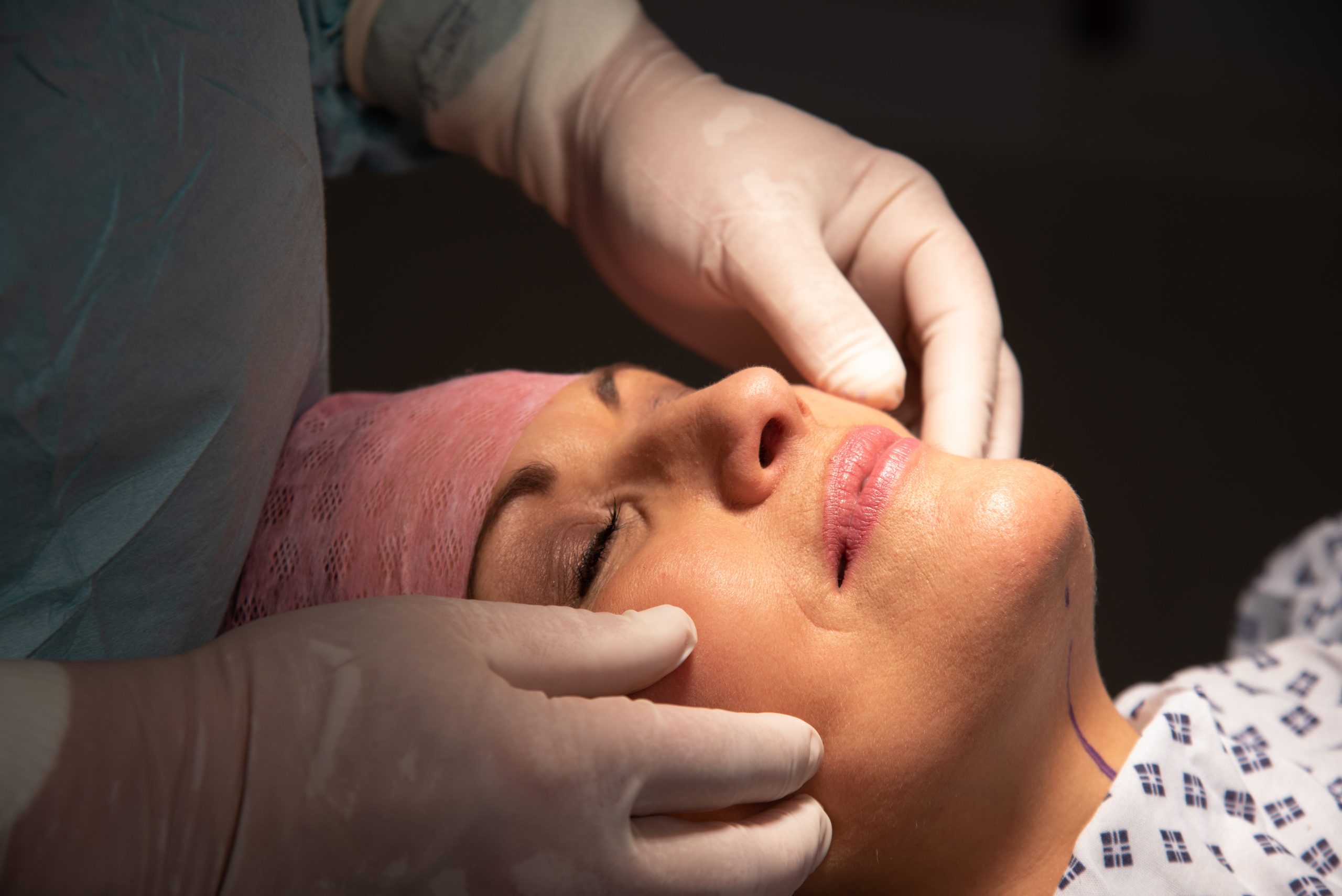Cosmetic Surgery Tourism – The cost versus the reality

Medical tourism, which encompasses all types of elective medical procedures, is on the rise globally at an estimated rate of 15-25% according to Patients Beyond Boarders, a leading and trusted resource in medical travel.
If you are considering travelling abroad for your cosmetic surgery, it’s important to be aware of the eventualities that can arise from undergoing surgery outside of the UK. Patients can save between 40 to 80% by travelling abroad, depending on the country and the type of procedure. Brazil, Japan, Italy, and Mexico are among the top international destinations of choice for cosmetic surgery, with Russia, India, Turkey, Germany, and France being in the top 10, according to the International Society of Aesthetic Plastic Surgery (ISAPS).
Protection – Why qualifications, training and regulations matter
Whilst the lure of cheaper cosmetic surgery might be appealing to some patients, the realities of paying less for surgery abroad can often result in harsh and expensive consequences. What do you do if something goes wrong?
One of the main reasons why cosmetic surgery in the UK costs more is down to regulations set by the Healthcare Commission and the General Medical Council, which surgeons and clinic owners are bound by. Patients are protected by these regulations as they come with extensive malpractice indemnity insurance in the case of something going seriously wrong with your treatment. As costs can differ vastly from country to country, so do the surgeon’s training, standards and the regulations, so you need to bear this in mind when you are making decisions on where to have your cosmetic surgery performed. Travel home in an emergency should anything go wrong with your surgery may not be covered under your insurance, so this risk should also be factored into your overall decision-making.
The NHS will generally treat life-threatening complications, but any other problems may have to be covered by you if you’ve received treatment abroad. Your options may be to return abroad to your clinic or to cover the costs of corrections in the UK, which could end up being far more than what you would have paid if you had undergone surgery in the UK initially.
Insurance
It’s important to be aware that most holiday insurance policies will not cover surgery that goes wrong. The British Association of Aesthetic Plastic Surgeons (BAAPS) has estimated that the average cost to the NHS per patient for emergency aftercare of surgeries that have gone wrong is a whopping £15,000. If you require prolonged medical care abroad post-surgery, costs could escalate very quickly and are unlikely to be covered by typical insurance policies.
GMC Register
In the UK, plastic surgeons are required to be on the specialist register for plastic surgery held by the General Medical Council. Other countries use difference systems, and you may find similar associations abroad, but you’ll need to do extensive research. Be sure to ask your surgeon which professional organisations they belong to and ensure they have the correct training and qualifications. UK clinics are regulated by the Healthcare Commission to ensure cleanliness and standards. If you’re travelling abroad, ask how your clinic is regulated and for details of infection rates and back-up services, such as their Intensive care unit facilities or arrangement for an ICU.
Hiroshi Nishikawa has over 25 years of private aesthetic practice as a consultant plastic surgeon. He is on the GMC Specialist Register for Plastic Surgery and is a full member of the specialist associations BAAPS and BAPRAS. He also sits on the intercollegiate examination board and is a member of the ISCFS (International society for Craniofacial Surgery) and the RSM (Royal society of Medicine). The Westbourne Centre works with clinical and support staff that are highly qualified and experienced, and have been trained to deliver exceptional patient centric care.
Mr Hiroshi Nishikawa MA MD FRCS Plast
Consultant Cosmetic, Plastic & Reconstructive Surgeon
GMC number 2573614
‘MA’ means ‘Master of Arts’ and confirms that I have graduated from Cambridge University.
‘MD’ means that I have obtained a ‘Master’s’ (or higher Degree) from Cambridge University.
‘FRCS Plast’ means that I am on the specialist register for cosmetic and plastic surgery and have passed the rigorous exit exam for plastic surgery. Recognised by the GMC (The General Medical Council), The Royal College of Surgeons (of England, Edinburgh, Glasgow and Ireland), BAAPS and BAPRAS.
‘Mr’ at the front of my title simply means that I am a member of the Royal College of surgeons Of England.
Professional bodies that I belong to:
- BAAPS
- BAPRAS
- Royal College of surgeons of England